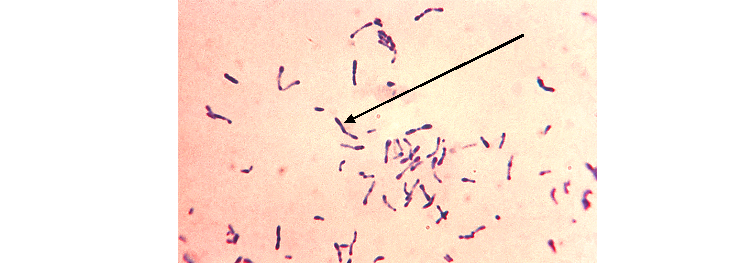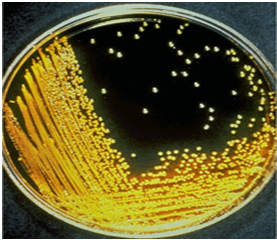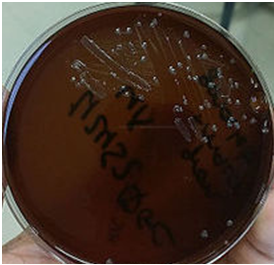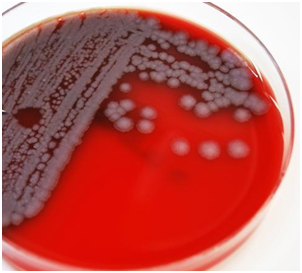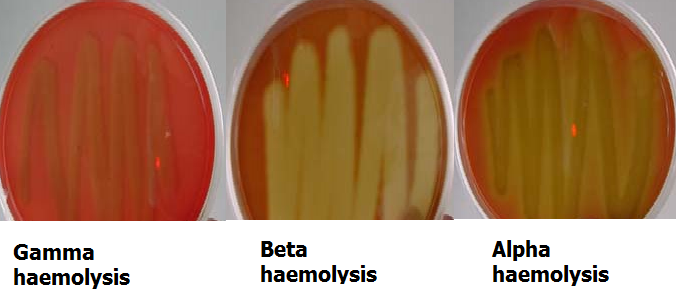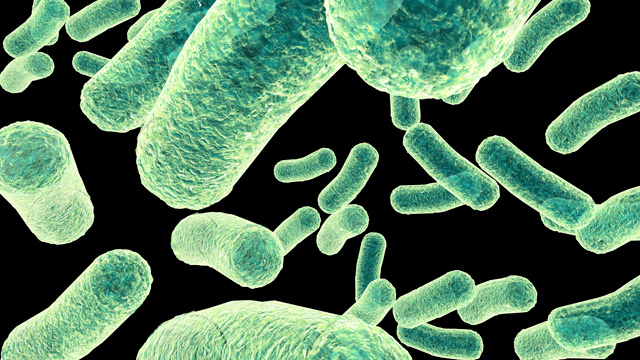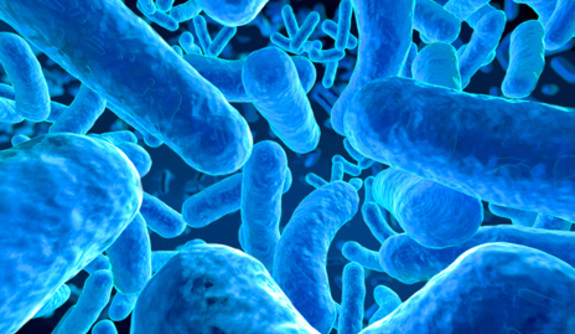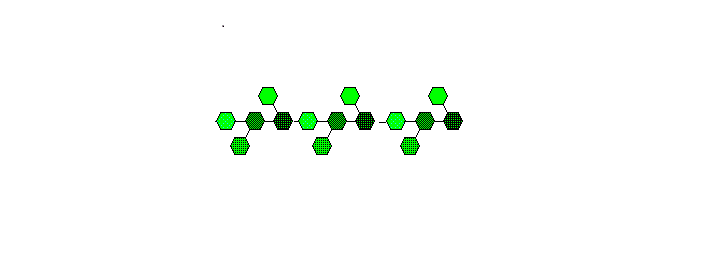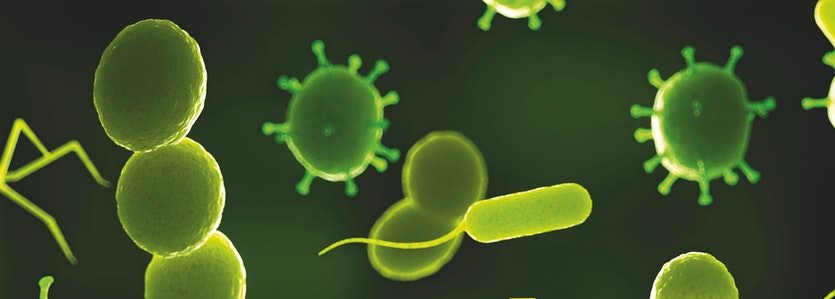CORYNEBACTERIUM DIPHTHERIAE
Corynebacterium diphtheriae is a Gram-positive, non-spore forming, aerobic, rod-shaped and motile bacterium that causes diphtheria, an upper respiratory tract illness. They are pleomorphic organisms exhibiting different characteristic morphological shapes including V-shapes, irregular shapes and club-shapes.C. diphtheriae and other species in the genera Corynebacteria grow on the mucous membrane of the upper respiratory tract, skin, nares […]
CORYNEBACTERIUM DIPHTHERIAE Read More »
Bacteriology
